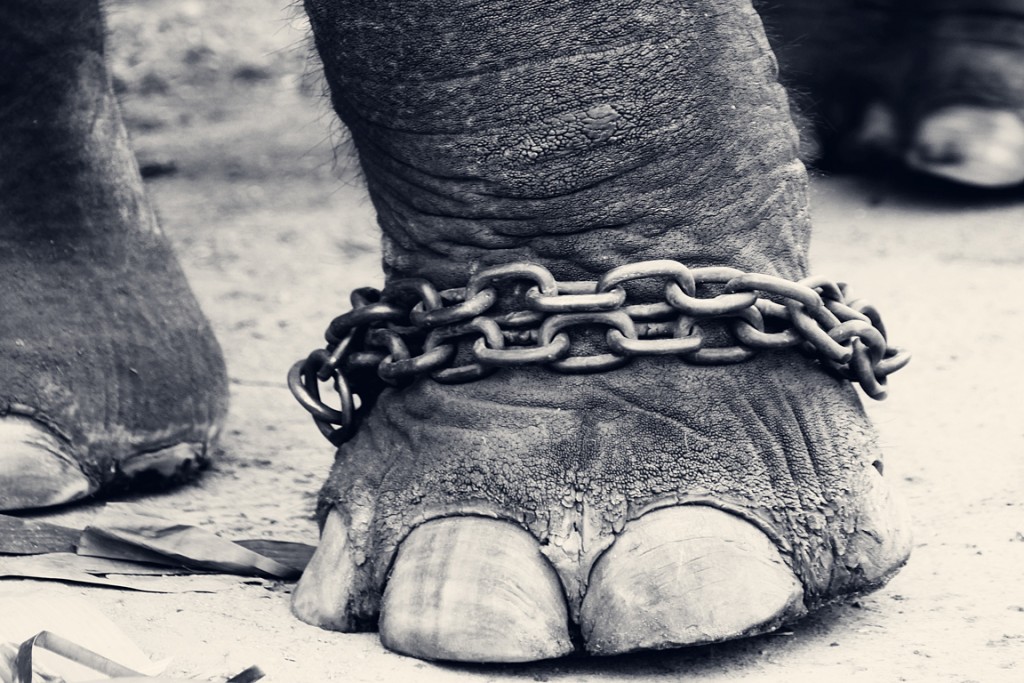
Read this first, if you are an animal lover.
According to the Born Free Foundation which is a dynamic international wildlife charity, millions of animals throughout the world are kept captive for our entertainment. “Whether in zoos, circuses, animal shows or marine parks, wild animals suffer physically and mentally from the lack of freedom that captivity imposes,” said Born Free.
As decades passed, most animal-based attractions in the world are developed to offer humane and comfortable habitats for animals. However, some have a worse track record than others.
Hollywild Animal Park, South Carolina, USA
Hollywild Animal Park, located in Wellford in the US, is a non-profit animal park with a 40-plus year history. This 100-acre park has more than 500 animals, and many have appeared in films and commercials.
On 9th January 2015, a fire killed 28 animals on the park. Dr. Beverly Hargus, Hollywild’s veterinarian, said, “It is terribly tragic, but sadly, it is the kind of thing that can happen anywhere.”
John Jones, a 62-year-old traveler, visited the park on February 2015, and was less than impressed. “It was obvious that the facilities and grounds needed a lot of upgrades and renovations,” he said. “The grounds and animal facilities seem very dated, and left us wondering if the animals were getting the proper attention.”
This is not the first time that Hollywild Animal Park has been controversial. On September 2014, the U.S. Department of Agriculture said inspectors found rotten carcasses, animals held in unsafe enclosures, a repeated lack of veterinary care and other violations.
Phuket Zoo, Phuket, Thailand
As Phuket is the largest island in Thailand, Phuket Zoo is visited by thousands of tourists annually. It is a private zoo without government support and intervention which opened in 1997. Crocodile, monkey, and elephant shows are top attractions in this zoo.
There is fierce opposition to the zoo, including a dedicated website – Phuket Zoo, A place of Misery & Neglect. PETA Asia-Pacific, the world’s largest animal rights organization, informed and called for more people to send an e-mail to the governor of Phuket Province. “Some animals, like the elephants, are kept chained and only released from their constraints to perform in shows. Tigers and apes are reportedly drugged in order to allow patrons to have their photographs taken with them. All the animals are prevented from doing most of the things that are natural and important to them,” said PETA Asia-Pacific.
Rebecca Matthews, a traveller who once visited Phuket Zoo said, “This is the worst zoo I have ever been to. The poor tiger chained to the concrete podium everyday to have their photos with him. I was so upset. It has been on my mind ever since.”
Surabaya Zoo, Indonesia
Surabaya Zoo, also known as Kebun Binatang Surabaya, was established in 1916. It is the largest zoo in Indonesia, and one of the largest zoos in South East Asia.
Surabaya Zoo’s image is often shaped in a negative way. On the coverage of Dailymail, it was described as “the world’s cruellest zoo”. BBC News said it is “Indonesia’s ‘zoo of death’”.
The World Association of Zoos and Aquariums (Waza), a group that includes 300 leading zoos and aquariums as its members, has written two letters to Indonesian President Susilo Bambang Yudhoyono. WAZA is concerned that the situation in Surabaya Zoo is “becoming more than a single zoo issue”.
Calls to close down Surabaya Zoo endlessly appear. There was a major online petition to stop the deliberate cruelty in the Surabaya Zoo, receiving 209,794 signatures.
“Sadly, Surabaya Zoo is not the only sub-standard zoo in Indonesia, or for that matter in Asia or the world,” Senior Wildlife and Veterinary Advisor in the World Animal Protection, Dr Jan Schmidt-Burbach said. “There remains the wider issue of improving zoo and wild animal welfare through improved education, regulation and legislation,” he added.
Responsible wildlife tourism
If you want to see wildlife on your trip, then think about doing some research before you buy your ticket. A good place to start is the World Responsible Tourism awards for the best wildlife conversation projects, and make sure that your tourist money goes towards preserving and managing habitat and wildlife species.